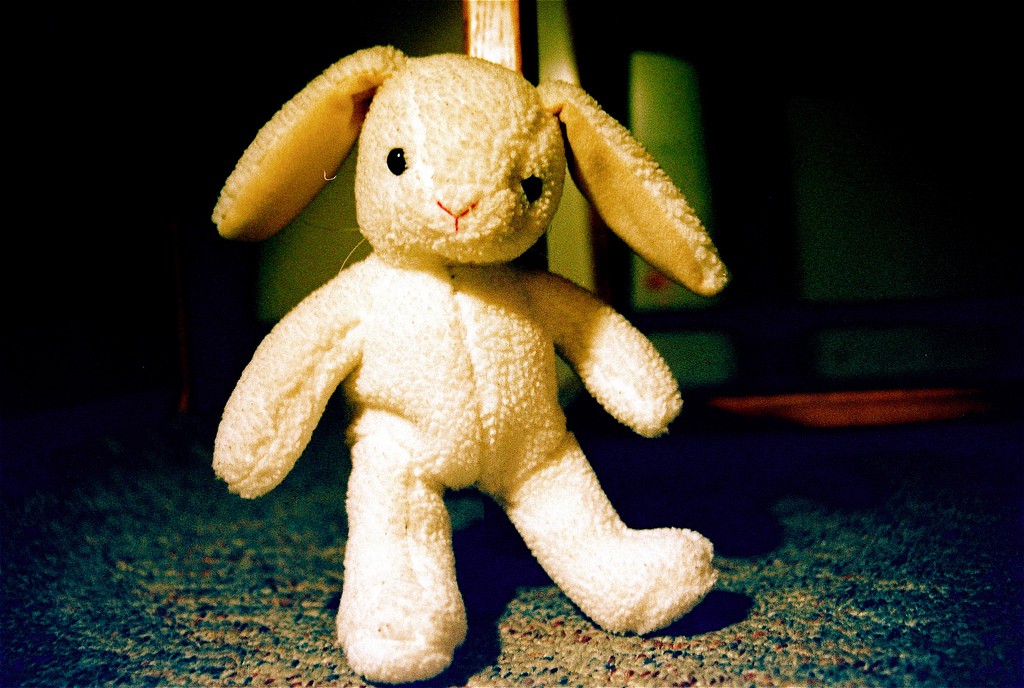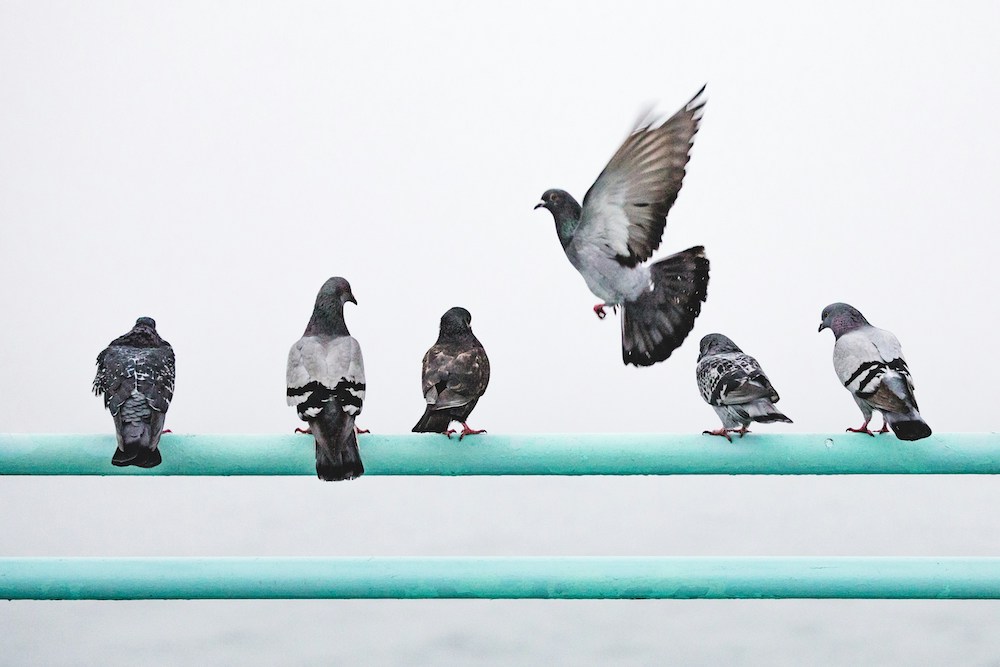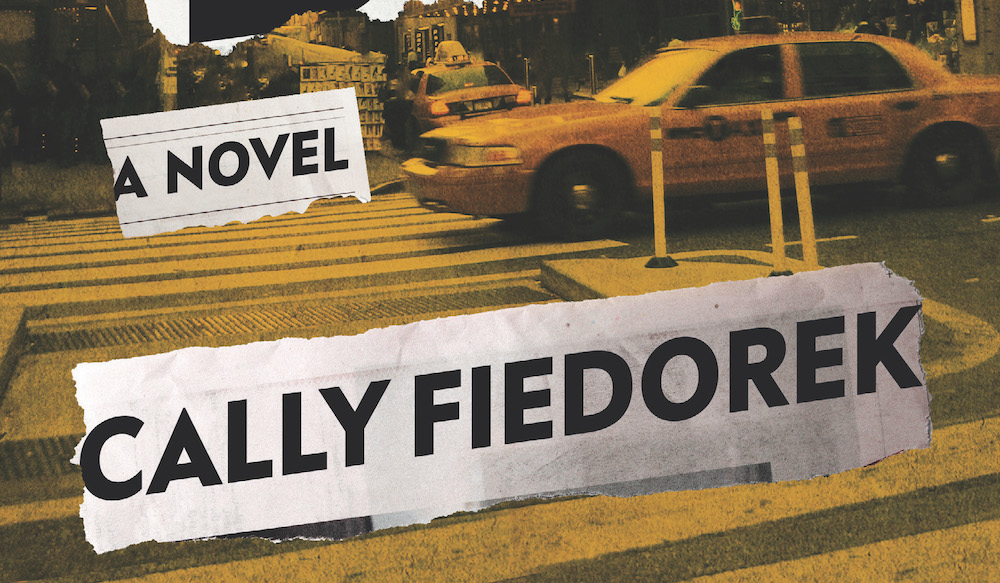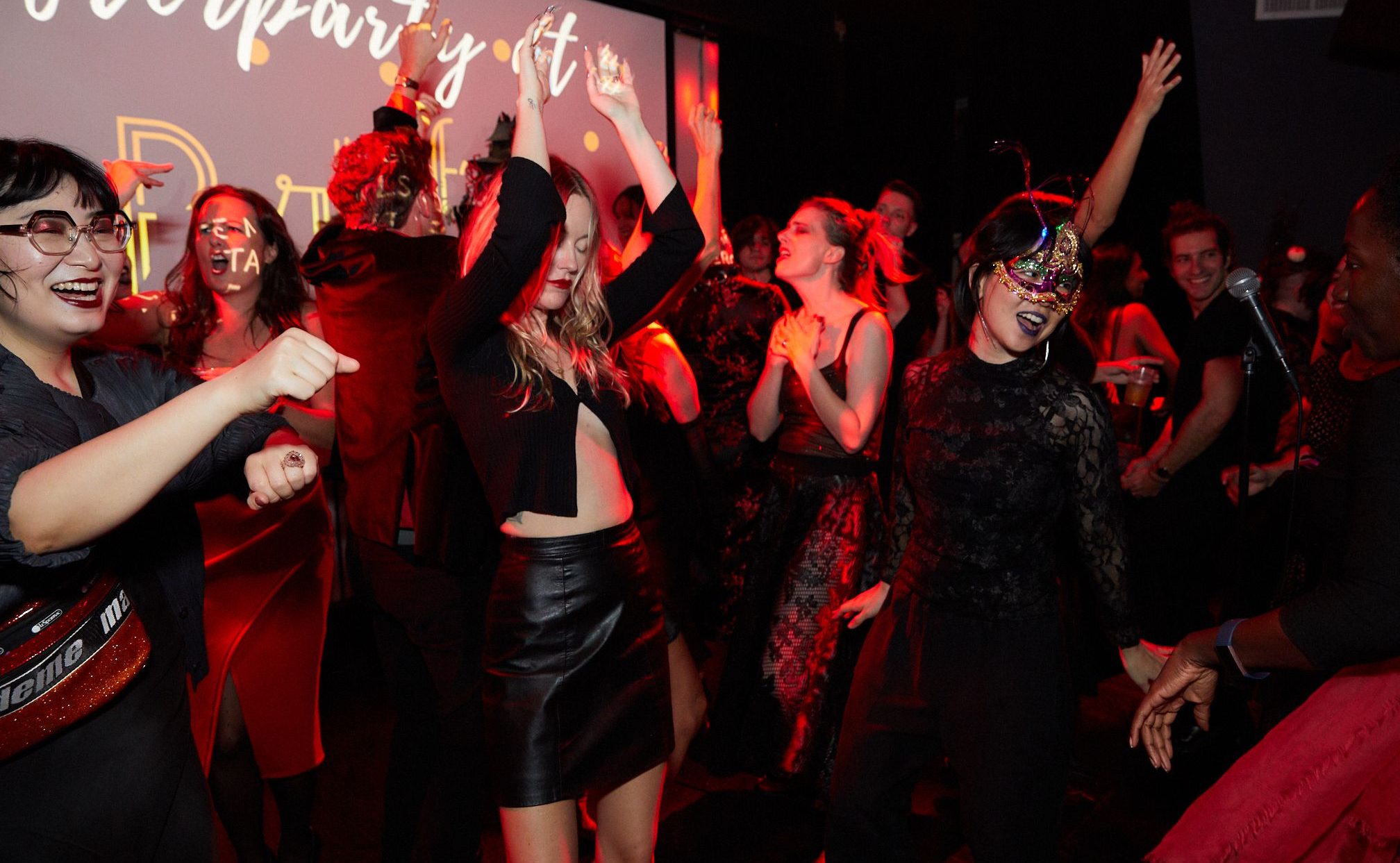Interviews
We Embroider: An Interview With Tanwi Nandini Islam, author of Bright Lines
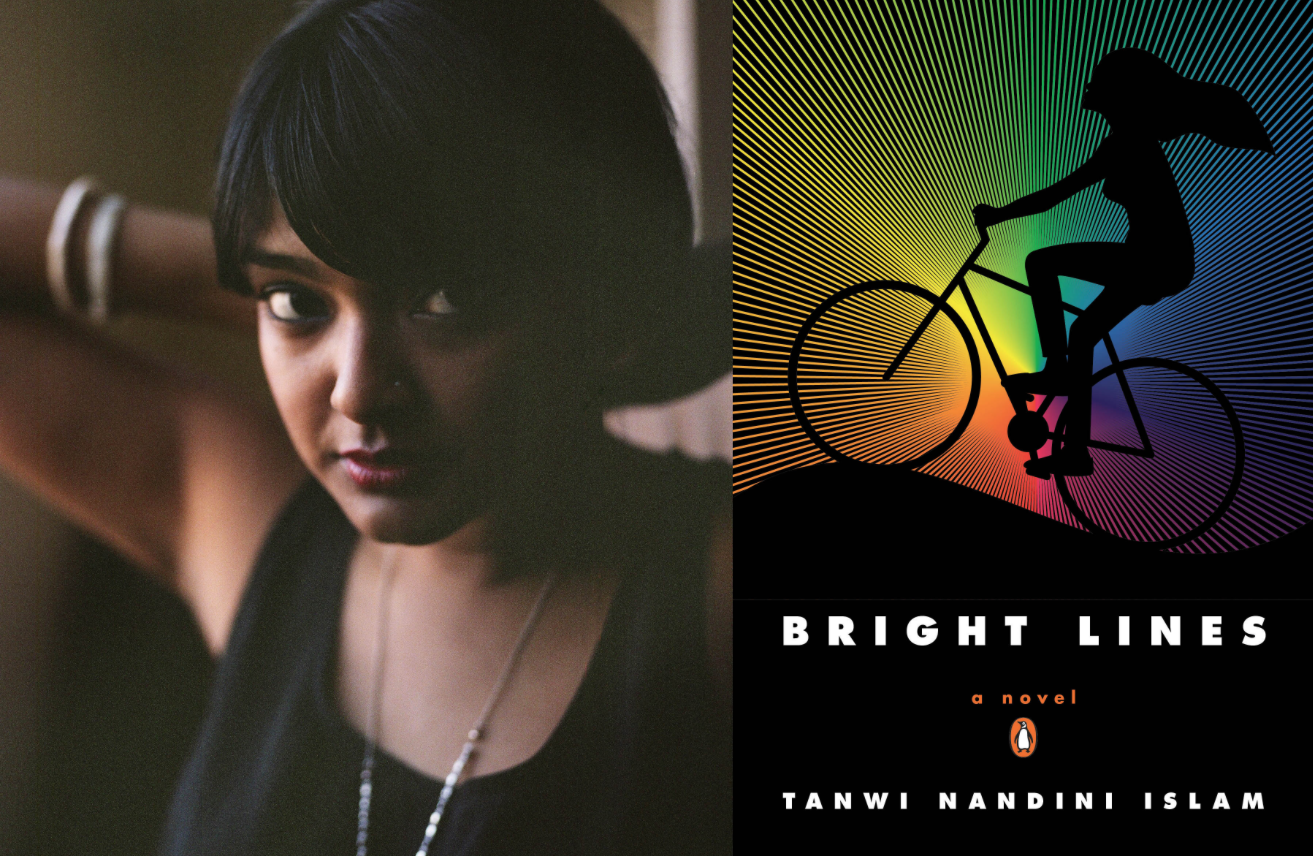
Brooklyn has seldom been so lushly and tenderly rendered as in Bright Lines, Tanwi Nandini Islam’s debut novel. We follow Anwar Saleem, his wife Hashi, their daughter Charu, and their niece, Ella, through the rich, summer streets of the city. They deal with traumas forgotten and questions of burgeoning identity, coming of age and coming of middle-age. Problems of the past and future. Questions like, “who have I become?” and “who will I become?”
Tanwi and I met in late July at her bustling studio, studded with tins of almost-finished candles. She was hard at work filling an order for Hi Wildflower, her line of botanical perfumes, candles, and skincare. We ran off for an iced tea around the corner and talked about hallucinations, sex scenes, and the artistic hustle.
Hilary Leichter: Can you talk a little bit about the process that went into putting the novel together? How did writing the book change over the course of a decade for you?
Tanwi Nandini Islam: So the book takes place in 2003 which was an electric year for me. It was super intense. I went to Kenya that year. I went to Cuba that year. I was in this Youth Solidarity Summer which is a South Asian radical youth education collective that was teaching us about social justice. It was all this stuff happening. That was also the same year that the blackout happened. You know? That whole year — and it was right after September 11th. So there’s a lot of stuff that people of color, especially South Asian and people of Muslim descent were dealing with. And those things all have stayed with me. When I started writing Bright Lines, it was in a totally different incarnation, but I was living in India, in Delhi, doing a fellowship, working with teenagers, which is what I did for a decade. And the roommates I was living with, we decided to go to Kashmir and hang out in Kashmir, because that’s what you do. But it was Ramadan when we went so it was super dead, there was nothing to do after the sun went down. So I said, oh, I’ll start working on some stuff. And it was the first iteration of a novel that I wanted to write. And I knew the way to buy some time was to go get an M.F.A. For me, I’m not a school person. I’m not even an M.F.A. person. But I felt that it was a way for me to say, I don’t work right now except on my M.F.A. and my part time job.
HL: To give yourself permission —
TNI: The years to do it. The two years. And so I submitted that to a bunch of M.F.A. programs. I just remember getting that email from Michael Cunningham and it was, “We would love for you to come to Brooklyn College,” and it’s Michael. Fucking. Cunningham. And I said, “I’m coming, Michael!” I couldn’t even talk to him on the phone because I was in India. Back then it was really hard to do things like that.
HL: Yes. Skype was not a major thing.
TNI: Yeah, it wasn’t major! So I think my dad called him and asked him all the questions I wanted to ask him. And my dad said, “He’s a fabulous man.” And I said, “Yeah, he is a fabulous man.”
HL: And this was the first draft of the book?
And I knew I wanted to write about the Brooklyn of that time that was so different than the Brooklyn we have now.
TNI: Yeah. But the POV that really solidified into Anwar’s POV came a few years into my M.F.A. And I was also in another country, living in France, and working for a Kashmiri guy. There’s this weird Kashmiri connection, I don’t know what it is. But I was working for a Kashmiri shawl seller, selling shawls in the French Riviera at a hotel, working from 8:00 AM to 8:00 PM for 150 Euros a day. And I was just devouring Toni Morrison, and Marquez, all these people who I feel have influenced me. Being stuck and reading, and reading out of boredom, and then having your imagination come alive, and that area is so colorful, and beautiful, and the houses are pastel, the beaches are made of rocks. It’s just gorgeous. And it’s tiny. You can go from one end of France to the other. I just felt so inspired, and I started working on the book. It was that summer of 2008. And I knew I wanted to write about the Brooklyn of that time that was so different than the Brooklyn we have now. And I was part of the wave of people that were coming into the city after college, and doing all of that stuff. But you know, we were sharing an apartment, paying $500 a piece, you know, living in the city. The year that I moved to Brooklyn, Dave Chappelle had his block party on the block I was living on. It was just, I feel, a golden age of the early aughts.
HL: At a certain point, did you make a decision to write a “Brooklyn” novel?
TNI: Well the first few drafts I thought, “I should make this in Queens,” because it’s more South Asian. And I thought fuck that, it’s not more South Asian! All the people who own these Muslim oil shops — that’s very much the inspiration for Anwar — these health food stores, these herbal shops…they’re from Bangladesh. Their owners are Bangladeshi people, the people who work there are Bangladeshi people, and it’s a character that I knew I wanted to write. Anything I write, I feel is very much about creative entrepreneurship and the hustle. You know, it’s always about our hustle. When I met you, you were like, “I’m selling bags for my mom!” We’re all just trying to make a dollar, you know?
HL: We were both vendors at the Brooklyn Night Bazaar! Could you talk a little bit about retail and art? And about how your business, Hi Wildflower, plays into your writing?
TNI: I’ve been thinking about Bright Lines for a decade. And that’s a really long time to think about something. And not having a full time job in a traditional sense, and a 401k plan, and all these things that we are told we should have. They are elusive for us. And I knew that I sacrificed that. Even up to last year, I was just freelancing as a writer, trying to get copywriting gigs. And then I saw there are all these brands doing beauty, and candles, and I’ve been so interested in anything to do with essential oils and botanicals, and all these things that I think get a kind of new-agey spin. But all of those texts that people reference are things that I’ve been interested in for decades. That’s what I’ve been into since I was a teenager. I really wanted to do something that connects back to the themes in the book, but it’s a continuation of the stuff that I’ve always been interested in. It’s just another iteration. Every candle has a little poem on it, and I’m writing all the copy for everything, everything is a story-spun-world within itself. Each candle is a little slice of that world. They’re interlinked stories almost, these little objects that I’ve been creating. So it’s all connected.
HL: Your book and your business are kind of twins?
TNI: Yeah, they’re totally mirror —
HL: — sisters?
Everyone’s trying to not be anyone else’s minion.
TNI: Yeah! One is the dark and depressed and solitary sister, and the other one’s kind of, you know, very social and money oriented! And that’s the hard thing, to make your art something that isn’t about money. And my business is about products and creating a sustainable life for myself, and being accessible to people. And getting into these Brooklyn stores, so many of the women that I’m working with are small business owners like me! Everyone’s trying to not be anyone else’s minion. We’re trying to be our own boss.
HL: And there’s value in that.
TNI: I think so! My parents said, “Okay, shouldn’t you get a job and health insurance?” And I said, “I have job!” And now they’re saying, “Okay, it’s real.”
HL: I was really taken with all of the dualities in your book. Anwar builds two of everything in their home. And there are two adopted sisters, Ella and Charu, who are very much two sides of the same coin. Was this something that you were thinking about when you were putting the story together?
We embroider, and embroider, and embroider, and then we just unravel everything and start some new shit.
TNI: I think that is just my being. Anyone who knows me really well will say, “You say one thing with such conviction and then you completely say the opposite, with the same amount of conviction!” That is the artistic process. We embroider, and embroider, and embroider, and then we just unravel everything and start some new shit. It’s completely the back and forth of building something up and breaking it down. I think duality is just a great continuum. We’re just sliding back and forth between poles. There’s no equilibrium. I mean, I’m a Libra, so I’m very much into the eternal balance. I think when we get bored or stagnant we want to shake things up. When we are really really depressed we want some light. I think that’s our natural inclination as human beings, to gravitate towards the thing that we’re lacking.
HL: At the end of your book, the idea of “misdirected love” comes up. Taboo love, long-shot love, doomed love. And that for me felt like a guiding principle for everything you were writing. Do you feel that way? Was that a central, unifying theme for your novel?
TNI: For sure, yeah, for every character. I like you, but you like them, and they like me, and these triangles that we’re all —
HL: And sometimes misguided triangles? And false starts? To me it felt like a beautiful metaphor for a writer trying to figure out who a character is going to be in a book, and how they will be, and those shifting roles that we create when we’re building narratives and discovering. And how that process of discovery actually just naturally happens in real life.
TNI: That, to me, was the guiding principle. There’s something about misdirected love where it’s, “It’s not you, it’s me.” And it completely is not about the other person. It’s literally about you. In the case of Anwar, in his misdirected love, it’s this fantasy he has of a person that lives upstairs. And the fantasy is actually as beautiful and vivacious and wonderful as he thinks it is.
HL: Yes, there is wish fulfillment in this book, but not necessarily with the caveat of “be careful what you wish for!” The consequences are proportional. And I feel that sometimes female characters in fiction, when they get something they desire, they’re instantly slammed and punished in some way.
TNI: There’s drama to counteract it.
HL: In your book, people get what they want, and then just deal with it. It felt very real.
TNI: I’m glad it felt real. There is this Chekhov quote: “The bourgeoisie loves so-called ‘positive’ types and novels with happy endings since they lull one into thinking that it is fine to simultaneously acquire capital and maintain one’s innocence, to be a beast and still be happy.” And my response to that was, well, sometimes realism is a deadly and ugly place. How many stories of young Muslim women have we read that are really torturous and upsetting and hurtful and tragic? I wanted to write something that does have very painful and dark things that deal with death and loss and the history of war, but to counteract that with these wishes that are completely feasible and tangible. All of these people get to experience that moment of euphoria. And they get to experience the crash that comes after, if they need to experience that. But most of the time it’s, “Finally, something good finally happened!”
HL: It is satisfying when something good happens to a character you care about.
TNI: Yeah, like, “You’re gonna get laid.” That’s a good thing! Everyone gets laid in this book.
HL: End of interview.
TNI: Yeah, that is the whole point! I think any book I ever write, everyone will get laid. I like writing sex scenes.
HL: The sex scenes felt very honest. I feel like there’s a trend right now to write honest sex scenes that are uncomfortable, or funny, or —
TNI: Not beautiful?
HL: Yes! But these scenes felt committed to both being honest and generous to the characters.
TNI: And just fun! I wanted it to feel playful. Like, there’s props involved! And there’s memories involved. I wanted it to be a complete sensory experience.
HL: Ella and Anwar plant a Linnean flower clock in their backyard, a garden of plants that open and close, timed throughout the day. I loved how it became an internal stopwatch for the book. But then it’s destroyed —
TNI: It’s burned. It’s totally destroyed. I’m not saving all my journals. I hoard certain things, and other things–-it’s over, I start over. Destroy. From scratch. When the family is dealing with the final showdown in part one of the book, with the fire, it is very much “Look, we need to rise from this moment by going through this really intense thing as a family. We’re not going to make it unless we do that.” And it actually gets worse until it gets better.
HL: I wonder if you could talk a little bit more about Ella and Anwar, our dual protagonists. They both experience life changing traumas. Anwar can remember his, and Ella can’t really remember hers. And the way their trauma manifests itself in the book is through hallucinations, which are stunning. As a result, I felt that Ella and Anwar were sort of the the book’s imagination, running on overdrive. I was wondering about your writing process, writing their hallucinations. What place did you have to go to get there? To get to those really freewheeling, amazing images?
People get hallucinations. Depression is a real thing. Psychological trauma is a real thing.
TNI: I think for me, thinking about Bangladesh and Brooklyn, the things from Bangladesh that I think are very present throughout the book — obviously plant life and botany, but there’s the ocean and the rivers and all this water imagery. The way that the characters are inundated with hallucinations is very much connected to times of day in which they’re occurring, and things they’re drawn to. Rezwan’s head is a hallucination that Anwar sees when he’s high. When he smokes pot, he’s not stuck in his life, at his apothecary, in his studio, in his home, he’s just chilling. And he’s free, and he’s seeing whatever he needs to see. But how sad, or how beautiful, that he gets to see his friend, in his severed state of death. Because that’s where he feels the most guilty. And I think for Ella, seeing the worlds that they’re creating, and the plants that are growing, and everything that’s coming alive in their gardening, that’s where she gets to be completely unfettered and liberated. It is a space of liberation for the characters. It is very much pushing away the repressive feeling that they both have grown up with either because of faith or family or expectations from Anwar’s wife Hashi, or Ella feeling like, “I’m a freak because of what I desire and who I am.” I didn’t want to make it so clinical. People get hallucinations. Depression is a real thing. Psychological trauma is a real thing. And in places like Bangladesh, for many people of color, for many societies where there’s been a war and a collective dealing with after, there is a collective, post-traumatic stress that people experience.
HL: All of the characters have a specific talent that transcends their everyday world. Whether it’s Hashi in her salon, or Ella in the garden, or Charu making her beautiful hijabs.
TNI: They’re very creative.
HL: Do you think there’s something about working with your hands that is important to the creative life?
TNI: It’s a desire to make your mark. In this particular family, it’s very much, “What’s my hustle? What’s the thing I bring to the world?” It is very tactile. For Charu, she’s an all-over-the-place, expressive, creative person, and this is her thing where she feels, “I’m good at this, and I’m going to make this into my business for my friends who don’t have a cool place to buy hijabs.” This wasn’t so much a post-9/11 book; I wasn’t writing it that way. But you have to write it that way. It is that. You can’t write about it as if it never happened. So she is doing something that’s subversive.
HL: Do you feel that your book is really committed to carving out a space for marginalized voices?
To me, I want people to read it and say, “I don’t know this world, but I feel this world. This is also my world.”
TNI: It’s not a conscious thing in that way but, you know, there is no white protagonist in this novel. That is a conscious thing. That’s just not what I’m writing about. But the fact that you can enter this story and find a connection to these characters no matter who you are as a reader, is saying there’s inherent universality in that. Because we are a country of people who come from all over the world. We’re all coming from these different points, and that’s what I think my book is trying to do. If you look at my friends, and if you look at the studio where we’re all working, we’re all different. And I think it’s a fallacy to think of this as an other-ing — we are all very much other, in our own quests. To me, I want people to read it and say, “I don’t know this world, but I feel this world. This is also my world.” It’s just human. I think about writing Bangladeshi characters, and what that means, especially because there are so many Indian writers that are well known. And there are a few Bangladeshi writers that are better known now, but I think we’re still writing stories that are distinctly different because of a distinct history. There’s a table. And it’s like, can I sit at the table with my story? And it’s not always easy to do that. Even the book cover was completely different. And it was totally wrong. And I was very vocal about it. I think the author isn’t just a passive voice. You have to be very active. What I ended up with, I think, has iconography that goes with this book. It goes with what I was trying to say.
HL: But you had to speak up about that?
TNI: Oh, yeah. I created a vision board. And I said, this is what I want it to feel like. What I had before, was a brown girl with pastel pink pants and a pastel blue background. And I said no, no, no, no. If you’re trying to make it iconic, I want you to think, who are the people at the core of this book? Even the title could mean so many things, but to me, it’s evocative of genealogy, expansion. The colors are very much connected to what Ella sees, her psychedelic vision of the world.
HL: The cover looks like it’s bursting.
TNI: And that is the word. A radius of light. To see this ascension, on a bike in silhouette, is a powerful thing.
HL: It’s an action. It’s active.
TNI: My publisher was great about this. They said, we want you to be happy about this. And they worked with me. And I thanked the artist. I said, you fucking nailed it!
HL: I felt reading this book that you gave so many voices a seat at the table.
TNI: This is emblematic of my friendships and my social circles and my life. Different genders, different races, different class backgrounds. We are all friends sitting at the same table.
HL: Would you say something that doesn’t show that experience is maybe not even realism?
TNI: It’s very limited. It doesn’t feel real, it feels almost real. And I think that’s the place of a book, to feel not exactly like reality. But it should feel like something that deepens your sense of reality.
HL: What are you working on now?
TNI: I have a new book that I’m working on. This book, Bright Lines, is sort of a time capsule of the past–-the recent past. And this is going to be a time capsule of the near future. It’s an alternating narrative that takes place in the 1920’s and a little bit after today. The couple is a perfumer and a scientist, and they are creating an interactive film about the oldest woman on earth. It’s not going to be sci-fi, but it’s definitely going to be an immersive, virtual-reality inspired story.
HL: And what are you reading right now that you’re excited about?
TNI: I have a whole stack of friends’ books! But right now I’m reading Celeste Ng’s book, Everything I Never Told You. There’s a novel called A Bad Character, by Deepti Kapoor, and she’s a friend, and I’m reading hers. And The Star Side of Bird Hill by Naomi Jackson. We’re doing an event together. So those are some things I have on my stack. After my book is out, I’m going to sit on a beach and just devour everything.
For more on Tanwi Nandini Islam, read Jason Diamond’s essay, “How Literature Smells,” in Electric Literature.





